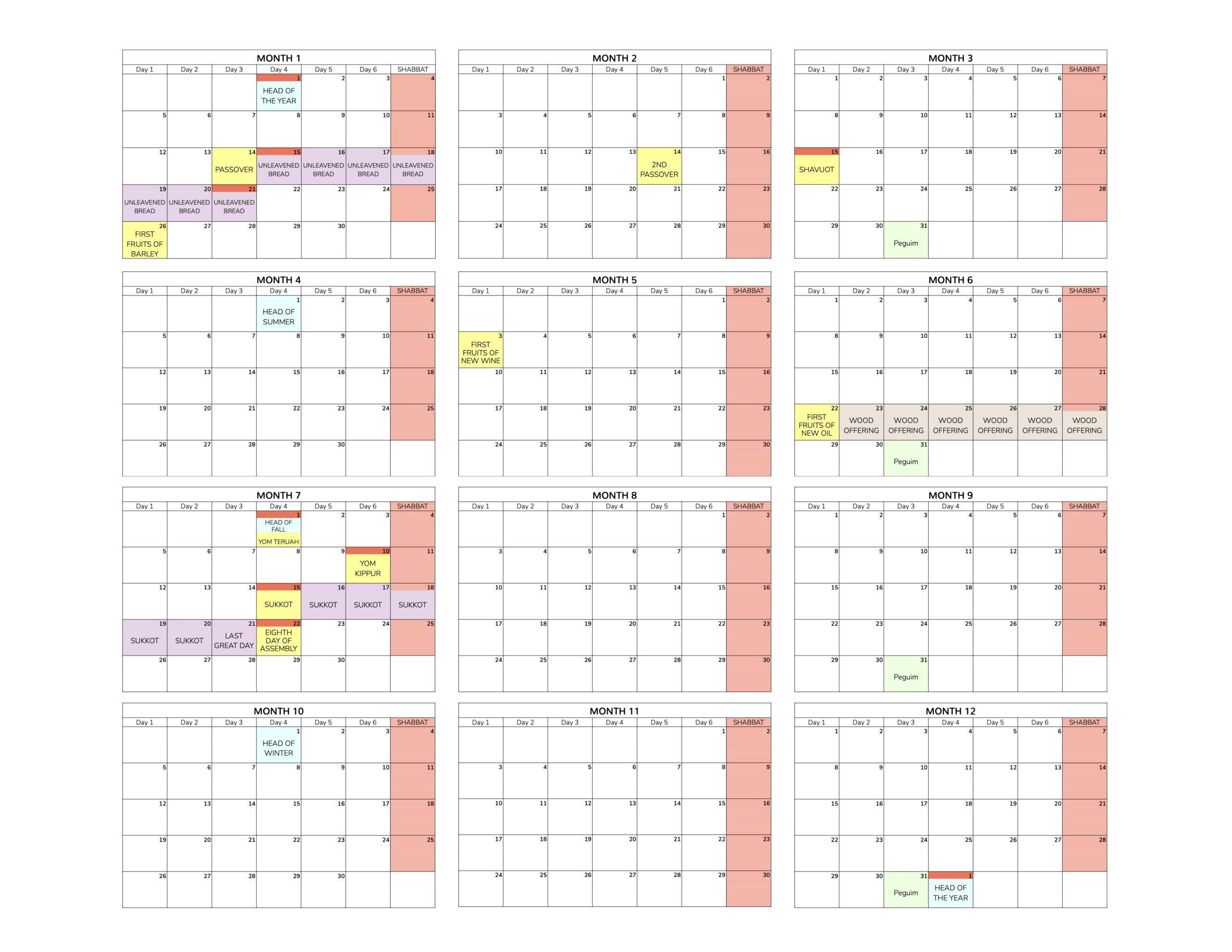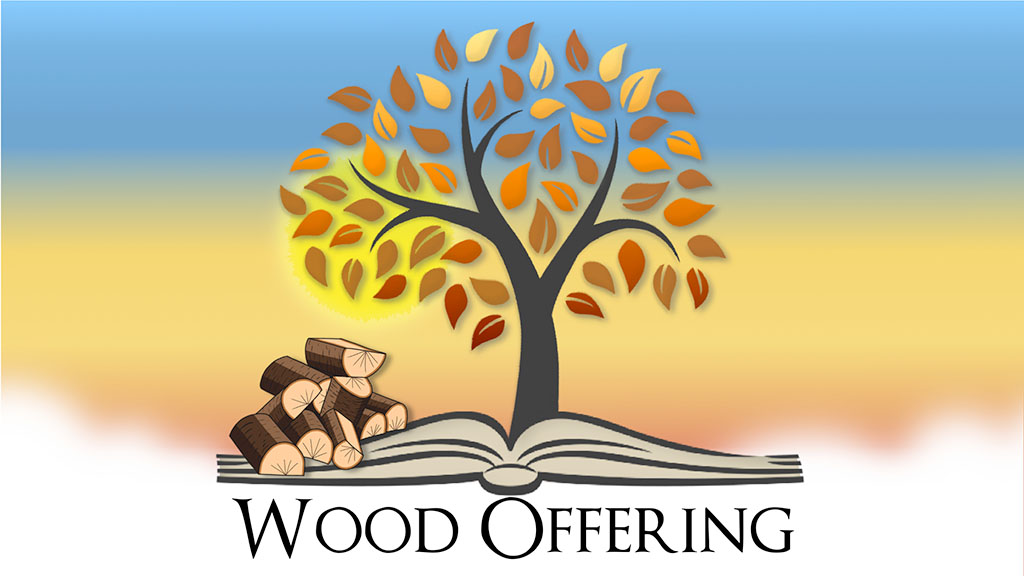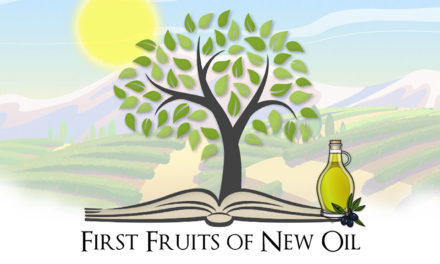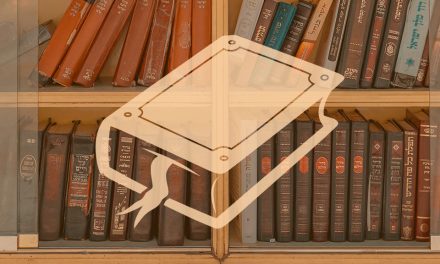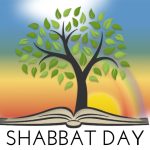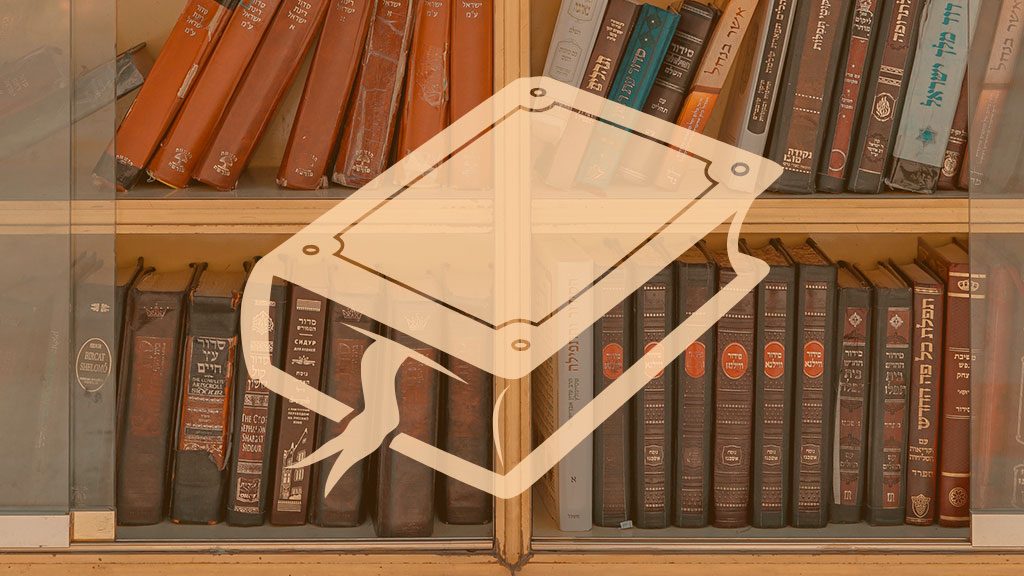Join us on a biblical exploration to find out more.
Video Transcript
Have you ever heard of the Wood Offering? It is a hidden yet important offering.
Remember them, O my God, because they have desecrated the priesthood and the covenant of the priesthood and the Levites. Thus I cleansed them from everything foreign, and I established the duties of the priests and Levites, each in his work; and I provided for the wood offering at appointed times, and for the First Fruits. Remember me, O my God, for good. Nehemiah 13:29-31 ESV
Immediately following the Feast of New Oil comes the Wood offering. The wood is interesting in that it isn’t an actual sacrifice but it is an important piece in order to facilitate the sacrifice for others. No wood for the altar means no burnt sacrifices for the people. This wasn’t something that you would’ve personally benefitted from but you gave for the benefit of others. Realize also that the wood was used to keep the altar continually lit, to never let it go out. The altar was that place in the tabernacle where Yahweh accepted the burnt sacrifices from the people. It was His meeting place with Israel. A meeting place where the supernatural meets the natural. Without the continued burning of wood there would be no fire or presence of the Almighty.
In the book of Nehemiah we start to see hints to this event known as the wood offering. It shares a connection that it was for the priest, levites and all the people of Israel. Reading in chapter 10 verse 34, it says…
We, the priests, the Levites, and the people, have likewise cast lots for the wood offering, to bring it into the house of our God, according to our fathers’ houses, at times appointed, year by year, to burn on the altar of the Lord our God, as it is written in the Law.
After Israel had come out of captivity and they had built the second Temple, they decided to cast lots among the priests and the people to bring the wood offering into the house of Yahweh at certain times appointed each year. The temple scroll found in the Dead Sea scroll tells us that their “certain times” were six days in row in between New Oil and the Feast of Trumpets and it was two of the tribes of Israel per day. Another document found in the Dead Sea scrolls talks about bringing in the wood for all the service of the house and that the twelve tribes shall offer wood.
When we look at the wood offering, it is also interesting to note that both the oil and the wood, which are performed back to back come right before Sukkot. And in the Dead Sea Scrolls it talks about the wood by saying, “when you enter into the land which I am giving to you as an inheritance.” We see similar phrases all through Leviticus and Deuteronomy when Yahweh is explaining what Israel is to do in,”the place where Yahweh chooses”.
Is it possible that these are culminating to the final feast day? Is it showing the journey of Yahwehs people leaving the wilderness or bondage and entering into the promised land, that final feast, His new Jerusalem? A fire not only equals sacrifice it’s a beacon that draws people in. What if the wood offering is about preparing the people to be present for the Feast of Trumpets, The Day of Atonement and Sukkot, both physically and spiritually? This appointed time appears to be within rhythm of anointing, outreach, and celebration in preparation for His promises. Those who are absent miss out.
And it shall be that all who are left from all the nations which came up against Jerusalem, shall go up from year to year to bow themselves to the Sovereign, Yahweh of hosts, and to celebrate the Festival of Sukkot.
And it shall be, that if anyone of the clans of the earth does not come up to Jerusalem to bow himself to the Sovereign, Yahweh of hosts, on them there is to be no rain. Zechariah 14:16-17 TS2009
Now we will look at when to observe the week of the Wood Offering. Beginning right after the observance of New Oil we read from the Temple Scroll.
“The twelve tribes of the children of Israel are to contribute wood for the alter. Those contributing on the first day are to be the tribes of Levi and Judah; on the second day, Benjamin and the sons of Joseph; on the third day, Reuben and Simeon; on the fourth day, Issachar and Zebulun; on the fifth day, Gad and Asher; and on the sixth day, Dan and Naphtali.” Temple Scroll 11Q19-20
So our starting point will be the day following the First Fruits of New Oil; for 6 days the tribes of Israel are to bring the wood offering. Let’s take a look at the calendar to see when these days show up.
There are many calendars people look to; we follow the Zadokite Calendar that uses many biblical references as well as The Dead Sea Scrolls, Jubilees, and Enoch. Tying these all together, we’ve established what we feel to be the most biblically based calendar inspired by Yahweh. Look for a future video for more explanation.
For now you can download a copy of this template from our website—the link will be in the description below.
Here we have New Oil then the follow 6 days, from the 23rd day to the 28th day in the 6th Month are when Israel was to bring the wood offering to the temple. On the first day Levi and Judah, the second Benjamin and the sons of Joseph, Ephraim and Mannaseh. On the third day Reuben and Simeon, on the forth Issachar and Zebulon. On the fifth day Gad and Asher and finally on the sixth day Dan and Naphtali finishes the 6 days of wood offering.
The wood offering is different than most biblical feast days in that there really is no practical application for us today. But we can try and look a little deeper and see how we can honor this offering.
Israel, though commanded to, offered up the wood as a contribution. They gave even though it did not give then any direct advantage or blessing. It was almost a selfless free will act, given as a pledge to Yahweh to keep the fire burning, to keep the temple functioning in order to keep His presence in their midst. It allowed them to come to the altar and draw near to the Father as best they could. Perhaps somehow today we can give of something freely to Yahweh. A selfless act to show Him our dedication to Him and His ways to keep His presence in our lives.
As we head into the fall feast days and that final feast of Sukkot, leaving the wilderness behind and going into the fullness of His promises, here are some questions for contemplation.
Are there things that are hindering your walk or preventing you from entering in that you should consider letting go of?
During this time of the wood offering what might be some ways that you can keep the fire or presence of Yahweh burning in your heart and burning for your community?
What free will offering can you give to Yahweh that would not give you a direct advantage or blessing?
You are the light of the world. It is impossible for a city to be hidden on a mountain. Nor do they light a lamp and put it under a basket, but on a lamp stand, and it shines to all those in the house. Let your light so shine before men, so that they see your good works and praise your Father who is in heaven. Matthew 5:14-16
Full Zadokite Calendar Yearly Cycle Template
